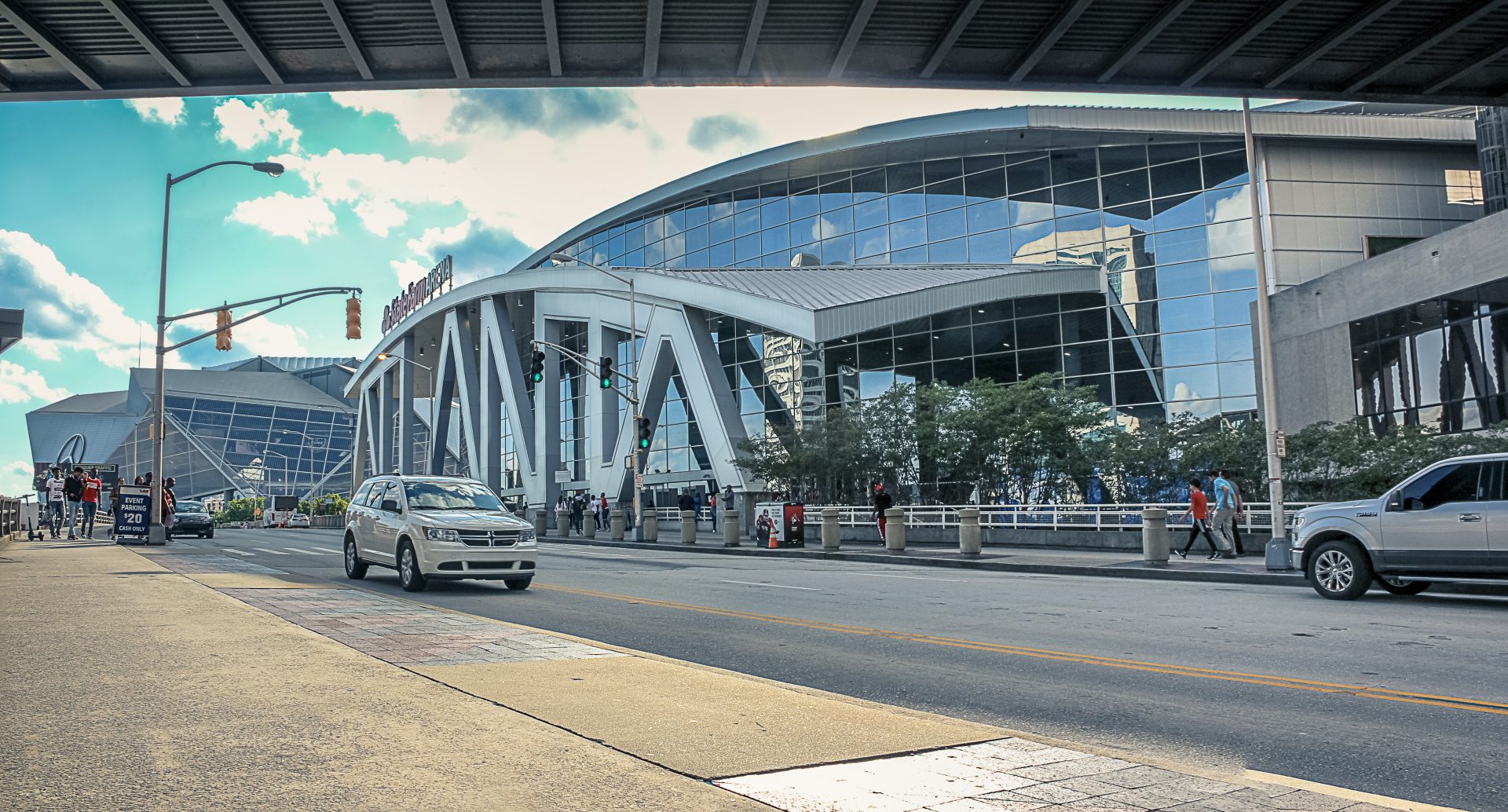The Policing Alternatives & Diversion, or PAD, Initiative stands as Atlanta‘s bold experiment in reimagining community safety, following the footsteps of historic Black-led movements that championed alternatives to traditional policing. Since its inception, PAD has diverted 6,300 individuals from unnecessary incarceration, offering hope and resources instead of handcuffs.
When progress meets bureaucracy
Despite its proven success, PAD faces a January 2025 shutdown due to bureaucratic obstacles and funding delays. This crisis echoes familiar patterns where innovative Black-led solutions encounter institutional resistance, threatening to unravel years of progress in community-centered justice reform.
The cost of regression
The financial mathematics are stark: housing someone in Fulton County custody costs taxpayers up to $97 daily. This expense — multiplied across thousands of potentially diverted cases — represents millions in preventable spending. Beyond dollars, the human cost touches families who have witnessed generations of loved ones cycle through the system.
A legacy at stake
For a city that prides itself on Black leadership and innovation, PAD’s potential closure threatens more than just a program — it endangers a model that other cities have sought to replicate. The timing proves particularly troubling as the U.S. Department of Justice reports constitutional violations at Fulton County Jail, where 62 percent of the inmates have a mental health condition, according to ABC News.
Power and accountability
As Atlanta City Council members approach re-election season, their handling of PAD’s funding crisis will test their commitment to progressive justice solutions. For communities who remember promises of reform from previous generations of leadership, this moment demands more than rhetoric; it requires decisive action to preserve and strengthen alternatives to incarceration.
The path forward requires sustained community pressure to ensure PAD’s survival, continuing Atlanta’s tradition of pioneering justice reforms that prioritize rehabilitation over punishment. The coming months will determine whether Atlanta maintains its position as a leader in community-centered justice or retreats from this vital legacy.
















